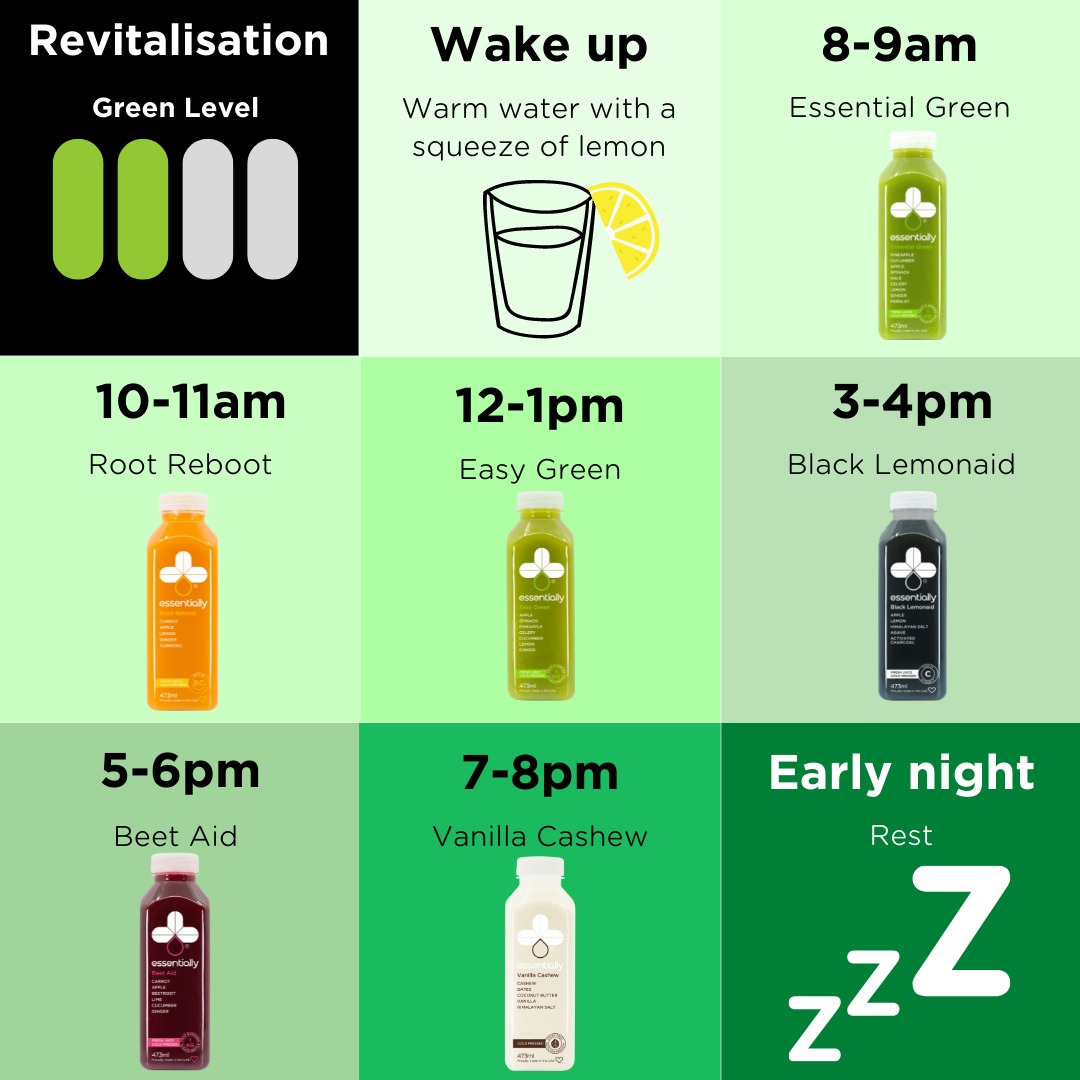Fresh vs. store-bought juices is a common debate among health-conscious individuals seeking the most nutritious option. While both types of juices offer convenience and a quick source of nutrients, there are significant differences in terms of quality, flavor, and nutritional content. Understanding the distinctions can help you make an informed choice that aligns with your health goals. Here’s a comparison of fresh juices vs. store-bought juices to help you decide which one is better for you:
Fresh juices:
Fresh juices are made from whole fruits and vegetables that are juiced immediately before consumption, typically using a juicer or blender. These juices contain minimal processing and are prized for their vibrant flavor, high nutrient content, and superior freshness. Here are some benefits of fresh juices:
Nutrient density: Freshly made juices retain the highest levels of vitamins, minerals, and enzymes compared to store-bought varieties. The juicing process extracts nutrients from the produce while preserving their natural integrity, resulting in a more nutrient-dense beverage that supports overall health and well-being.
Flavor and aroma: Fresh juices boast superior flavor and aroma, as they are made from ripe, seasonal produce at its peak freshness. The natural sweetness and complexity of the fruits and vegetables shine through, providing a delightful sensory experience that cannot be replicated by store-bought juices.
Customization: Making fresh juices at home allows you to customize recipes to suit your taste preferences and dietary needs. You have the freedom to experiment with different combinations of fruits, vegetables, herbs, and spices, creating unique flavor profiles tailored to your liking.
Store-bought juices:
Store-bought juices are pre-packaged beverages sold in supermarkets, convenience stores, and juice bars. While they offer convenience and wide availability, store-bought juices often undergo processing and pasteurization, which can affect their flavor and nutritional content. Here are some considerations for store-bought juices:
Convenience: Store-bought juices are convenient options for individuals with busy lifestyles or limited access to fresh produce. They are readily available for purchase and can be consumed on the go, providing a quick source of hydration and nutrients.
Long shelf life: Unlike fresh juices, store-bought juices are typically pasteurized to extend their shelf life and prevent spoilage. While pasteurization kills harmful bacteria, it can also destroy heat-sensitive vitamins and enzymes, reducing the overall nutritional value of the juice.
